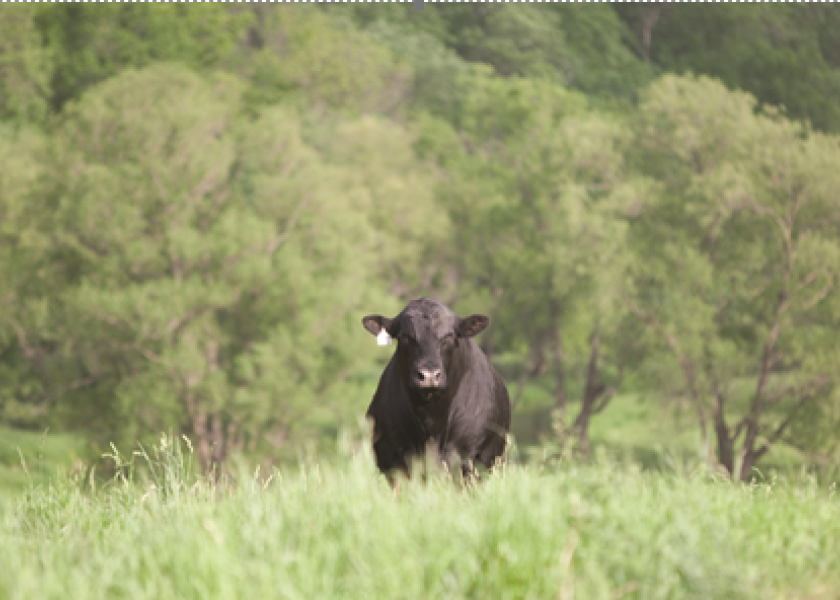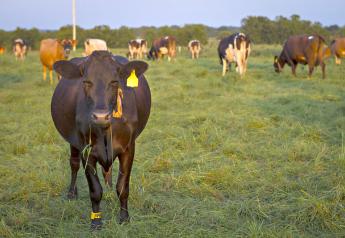Test Your Knowledge on Trichomoniasis

This is a press release provided by Boehringer Ingelheim.
When it comes to trichomoniasis, also referred to as trich, the more you know about the disease – the better you’re prepared to prevent a costly outbreak. In fact, producers with little to no understanding of trich are over three times more likely to have an infection in their herd.1
To ensure you’re up to speed on trich prevention and management best practices, test your knowledge below.
True or False? Trich is only found in certain regions of the United States.
False. “Today we're finding trichomoniasis in cattle all over the country,” said Jody Wade, DVM, Boehringer Ingelheim. Even though trich used to be known as a “Western disease,” that’s far from reality now. With the increase in moving cattle over the years, trich infections have been identified in states from coast to coast.
True or False? An infected bull can cut a calf crop in half.
True. Breeding to a trich-infected bull can impact between 25–30% of pregnancies in the first year, resulting in early-term abortions and prolonged infertility in beef cows.1
However, it’s typically the second or third year of a trich infection that really causes the economic losses. With multiple infected bulls breeding cows, you can see more than 50% of your cows open, which results in a huge reduction in production and profitability for a cow-calf producer.2
The impact of this venereal disease in a cow herd is further felt through lower weaning weights due to delayed breeding, testing of potentially infected bulls, and replacement of infected cattle. Beyond replacing cattle, ongoing surveillance to ensure the herd is trich-free costs producers money, too.
True or False? The importance of vaccinating against trich varies by herd.
True. Dr. Wade mentions that producers who have consistently trich-negative herds can get by without vaccinating. However, he cautions that it’s better to be safe than sorry. Oftentimes, it takes experience with a trich outbreak and the devastating losses that come with it before the value of vaccination is realized.
“What surprises me most about this disease is where it shows up. Really great managers who maintain closed herds and proactively test bulls have had to deal with the consequences of a trich infection, simply because a neighbor’s bull happened to get into their pasture and breed a few cows,” said Dr. Wade.
True or False? Testing bulls annually is recommended.
False. Dr. Wade says that a best practice is to test bulls twice a year.
• Pre-breeding: Testing bulls 30 days prior to turnout will ensure you do not introduce trich into your herd. Leased bulls can be a problem as they are often not tested in between movement of cow groups.
• Post-breeding: Even though the bulls will not be breeding cows for a while, testing at this time will tell you if you had any trich-infected cows in the herd at the end of the season.
It’s important to note that the risk of developing a trich infection varies among herds, so effective prevention and management protocols do not look the same for every operation. Furthermore, trich testing regulations vary by state. Producers are encouraged to work with their local veterinarian to design a comprehensive trich prevention plan.
References:
1 Rae DO, Crews JE, Greiner EC, Donovan GA. Epidemiology of Tritrichomonas foetus in beef bull populations. Theriogenol 2004;61(4):605–618.
2 Clark BL, Dufty JH, Parsonson IM. The effect of Tritrichomonas foetus infection on calving rates in beef cattle. Aust Vet J 1983;60(3):71–74.







